Diversity
Diversity is based on an understanding of the past of the many individual experiences and localities in order to establish a broadly based understanding of the past. In the same way that the big picture relates to local, national and world dimension. Diversity needs to include an appreciation of experiences from rich and poor, men, women and children and different ethnic groups and different period of the past.
Sort by:
Date (Newest first) | Title A-Z
Show:
All |
Articles |
Podcasts |
Multipage Articles
-

50th anniversary of the UK’s first official Pride march: 1 July 2022
ArticleClick to view -
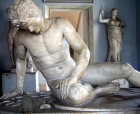
A history of the world - 100 objects that tell a story
ArticleClick to view -

Ancient Sumer
ArticleClick to view -
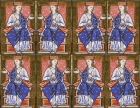
Anglo-Saxon Women
ArticleClick to view -

Arthur Wharton: the world’s first professional black footballer
ArticleClick to view -

Assessment and Progression without levels
ArticleClick to view -
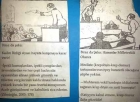
Case Study: Constructing women's past and gender perspective
ArticleClick to view -

Chronology: Developing a coherent knowledge
ArticleClick to view -
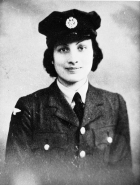
Cross Curricular Project on a famous person
ArticleClick to view -

Dimensions Of Britishness: Cultural Diversity and Ethnicity
ArticleClick to view -

Diversity and the History Curriculum
ArticleClick to view -

Diversity in Primary History
ArticleClick to view -

Early Islamic civilisation
ArticleClick to view -
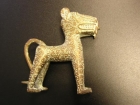
Eweka's story: Benin and Big Picture History
ArticleClick to view -

For whose God, King and country? Seeing the First World War through South Asian eyes
ArticleClick to view -
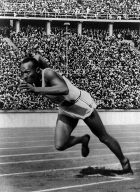
From Champion to Hero: Engaging Pupils in a study of significant Olympians
ArticleClick to view -

From Home to the Front: World War I
ArticleClick to view -

History in the news: George Floyd protest in Bristol – Colston statue toppled
ArticleClick to view -
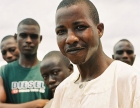
History supporting global learning
ArticleClick to view -

History through connecting classrooms in Bradford and Peshawar, Pakistan
ArticleClick to view

